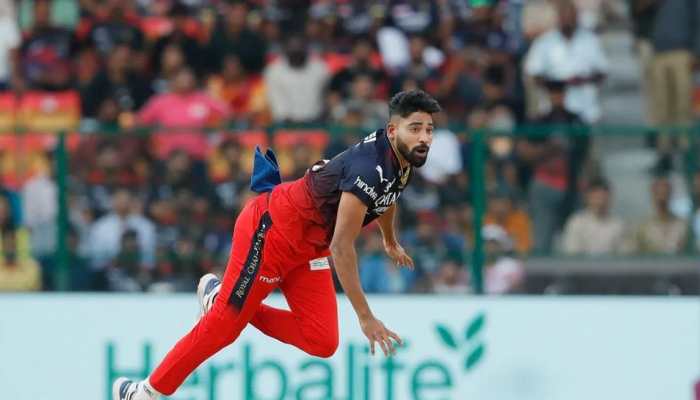Supreme Court approves single common entrance test for medical courses; NEET to be conducted in two phases
The first phase of NEET will be conducted on May 1 instead of the scheduled AIPMT; second phase will be held on July 24.
Trending Photos
)
New Delhi: The Supreme Court on Thursday paved the way for the National Eligibility cum Entrance Test (NEET) to be conducted this year for admissions to medical courses, both in government and private colleges, across the country.
The Supreme Court also approved the NEET schedule for this year, proposed by the Central government, the Central Board of Secondary Education (CBSE) and the Medical Council of India (MCI).
As per the proposal, NEET will be conducted in two phases this year.
The first phase of NEET will be conducted on May 1 instead of the scheduled AIPMT; second phase will be held on July 24.
As per the proposal, 6.5 lakh candidates can appear in the first phase of NEET while 2.5 lakh candidates can sit for the test in the second phase.
A joint result will be announced on August 17 and the entire admission procedure will be completed by September 30.
The court had earlier in the day reserved its order on whether All India Pre-Medical Test (AIPMT) or NEET will be conducted this year for admissions to MBBS and MD courses.
The apex court had earlier this month paved the way for holding the NEET, a single common entrance test for medical courses including MBBS, BDS and PG courses in all medical colleges, when it scrapped its 2013 order to stop the the single common entrance test.
A five-judge Constitution Bench of the Supreme Court headed by Justice AR Dave was unanimous in saying that the 2013, 2:1 verdict of the three-judge bench, which had paved the way for private colleges to conduct their own examinations, “needs reconsideration” as “the majority view has not taken into consideration some binding precedents”.
“Suffice to mention that the majority view has not taken into consideration some binding precedents and more particularly, we find that there was no discussion among the members of the Bench before pronouncement of the judgement. We, therefore, allow these review petitions and recall the judgment dated 18 July 2013 and direct that the matters be heard afresh. The review petitions stand disposed of as allowed,” the bench had said.
"We don't agree with the submission" that it was "not proper to hold NEET", the bench added, declining plea by three states that they have their own statutory regime for holding their separate entrance examinations.
Senior counsel PP Rao, L Nagashwar Rao and Harin Rawal appearing for the Andhra Pradesh, Tamil Nadu and Telangana respectively, argued that the medical admissions in their states were done on the basis of qualifying or entrance examinations conducted as per their statutory regime.
They told the court that their their regime had the sanction of article 371(d) of the constitution and had received the president's assent, and contended that unless the court hold their statutory regime as void, they could not be asked to follow the NEET route for admission in undergraduate and post graduate medical courses.
Appearing for Tamil Nadu, Nagashwar Rao said that since 2007, the admission in medical course in the state were on the basis of the qualifying marks obtained by the aspirants. He said that if NEET was thrust on them suddenly at this stage, they many not succeed in the competitions at all as all India competition requires a lot of preparation.
Justice Dave in the 2013 verdict had given a dissenting verdict, while Justice Vikramjit Sen (since retired) had shared the views and findings of then CJI Kabir on the National Eligibility-cum-Entrance Test (NEET).
The verdict, delivered on the day when CJI Kabir demitted office, had created a buzz in the apex court corridors as an advocate posted on a social networking site about the outcome in advance.
Interestingly, Justice Dave had then too, in his dissenting judgement, said the three judges of the bench “had no discussion on the subject due to paucity of time” which is normally done.
(With Agency inputs)
Stay informed on all the latest news, real-time breaking news updates, and follow all the important headlines in india news and world News on Zee News.
Live Tv







)
)
)
)
)
)
)
)
)
)
